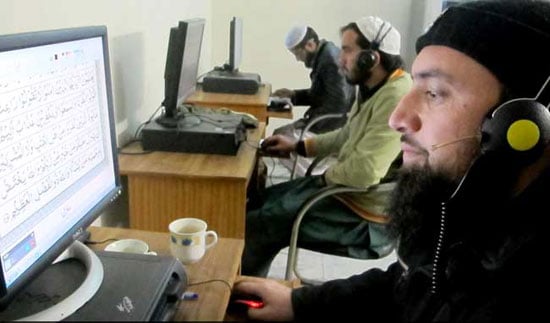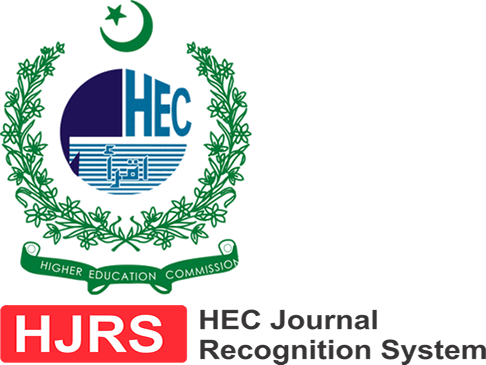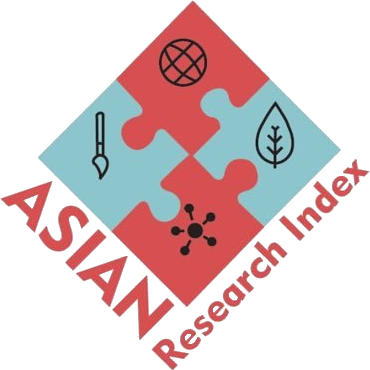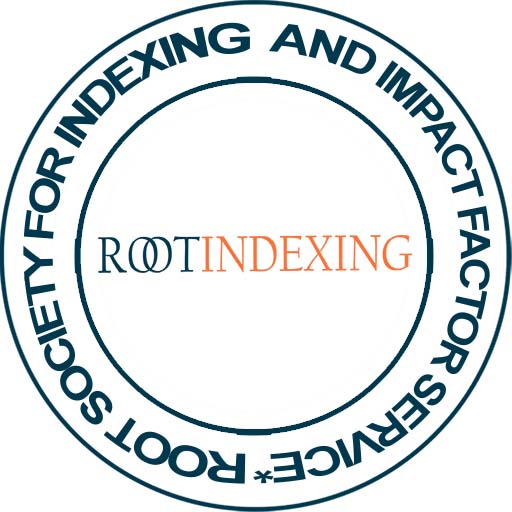FACING OF DISPUTE AND THEIR MANAGEMENT DURING ONLINE TEACHING BY TEACHERS: A QUAN- qual STUDY
DOI:
https://doi.org/10.5281/zenodo.12727361Keywords:
Conflict, Conflict Management Strategies, teaching, education, teachersAbstract
Our daily life is full of disputes in various aspects. These cannot be avoided, but can be managed in befitting manner to overcome the issues amicably. A Quan-qual study on “Conflicts faced by teachers and their management styles during online teaching” with objectives of (i) To identify conflicts faced by teachers during online teaching. (ii) To investigate management strategies used by teachers during online teaching is carried out. Mixed methods are used and sequential explanatory design is used. Survey method is used for data collection for quantitative and interview technique has been used for qualitative data. 694 teaching staff from Private universities of Islamabad has been analyzed. Sample was 20% of the total population which was 139. For qualitative result purpose 10% of data is collected through interviews while Proportionate Accidental sampling technique has been used. For quantitative results, data is analyzed by using mean, mode and standard deviation and for qualitative results, data was analyzed by thematic method.
References
Afzalur Rahim, M., David Antonioni, and Clement Psenicka. "A STRUCTURAL EQUATIONS MODEL OF LEADER POWER, SUBORDINATES'STYLES OF HANDLING CONFLICT, AND JOB PERFORMANCE." International journal of conflict management 12, no. 3 (2001): 195.
Simons, Tony L., and Randall S. Peterson. "Task conflict and relationship conflict in top management teams: the pivotal role of intragroup trust." Journal of applied psychology 85, no. 1 (2000): 102.
Wall Jr, James A., and Ronda Roberts Callister. "Conflict and its management." Journal of management 21, no. 3 (1995): 516.
Afzalur Rahim, M. "Toward a theory of managing organizational conflict." International journal of conflict management 13, no. 3 (2002): 217.
Afzalur Rahim, M., David Antonioni, and Clement Psenicka. "A STRUCTURAL EQUATIONS MODEL OF LEADER POWER, SUBORDINATES'STYLES OF HANDLING CONFLICT, AND JOB PERFORMANCE." 196, 207.
Rahim, M. Afzalur. Managing conflict in organizations. (Routledge, 1992) 371-375.
Kiran, Sidra, and Almas IkramKayani. "Transformational Leadership As Mediating Factor Influencing Conflict Management and Performance of Teaching Faculty at Higher Education Level: AStudy in Punjab, Pakistan." Pakistan Social Sciences Review 4, no. 2 (2020): 272-275.
Farooqi, T, K, M., Arshad, F, Khan, M, A, H., and Ghaffar, A.“ Interplay of Conflict Management Styles with Teachers’ Performance”. International Journal of AYER. (2015). Vol 1. p.309.
Farooqi, Muhammad Tahir Khan, Fahim Arshad, Hafiz Muhammad Ather Khan, and Abdul Ghaffar. "Interplay of conflict management styles with teachers’ performance." International Journal of AYER 1, no. 2 (2016): 305-320.
Majid, Fahim Aziz, and Ali Abdulhassan Abbas. "The Intermediary Effect of Organizational Chaos in the Relationship between Organizational Conflict and Psychological Empowerment." THE IRAQI MAGAZINE FOR ADMINISTRATIVE SCIENCES 13, no. 53 (2017): 217.
Ikeda, Ana Akemi, Tania Modesto Veludo-de-Oliveira, and Marcos Cortez Campomar. "Organizational conflicts perceived by marketing executives." EJBO-Electronic Journal of Business Ethics and Organization Studies (2005). 25.

Downloads
Published
How to Cite
License
Copyright (c) 2024 AL MISBAH RESEARCH JOURNAL

This work is licensed under a Creative Commons Attribution 4.0 International License.
AL-MISBAH Research Journal is full open access and licensed under Creative Commons Attribution 4.0 International License; and Published by: Research Institute of Culture & Ideology (REINCI), Islamabad, Pakistan. This allows the research community and the general public to gain unlimited, free and immediate access to scholarly articles, and to reuse the content freely provided that proper attribution is given to the original authors.









